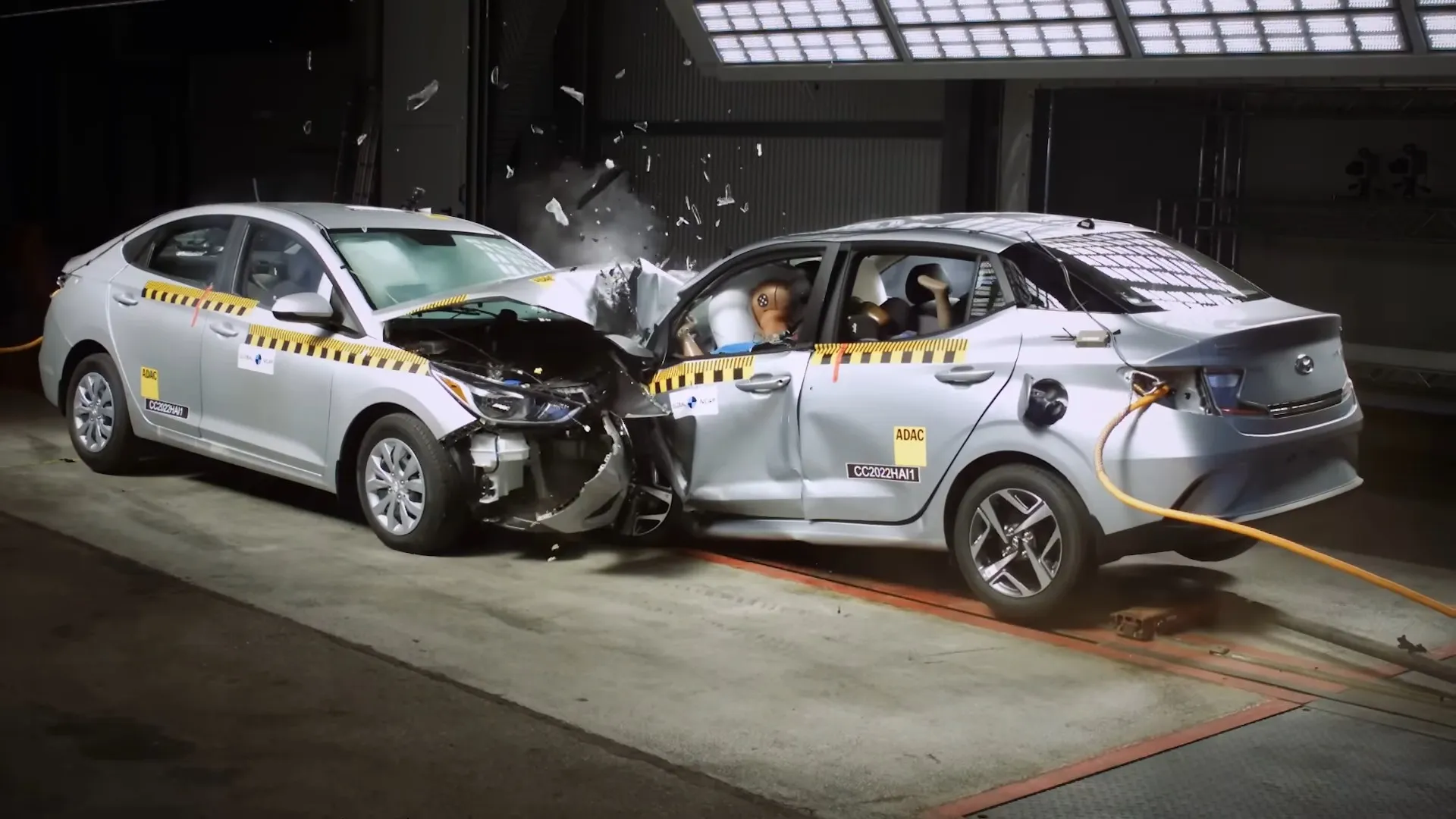MIL STD 662 Ballistic Impact Crash Testing of Automotive Panels
The MIL STD 662 specification is a robust standard that mandates ballistic impact crash testing to ensure the integrity and safety of automotive panels under extreme conditions. This service is particularly critical for manufacturers aiming to meet stringent military, aerospace, and defense standards as well as ensuring compliance with international automotive safety regulations.
Ballistic impact crash testing simulates real-world collision scenarios involving high-speed impacts from various directions. The purpose is to evaluate the structural integrity of automotive panels under extreme conditions such as those experienced in accidents or other hazardous situations. This service ensures that vehicles are capable of absorbing and dissipating energy, thereby protecting occupants from severe injuries.
The testing process involves subjecting a panel to controlled high-velocity impacts using ballistic projectiles. The standard specifies the type of projectile, its velocity, trajectory, and impact location. It also defines the acceptance criteria for evaluating the structural response of the panel post-impact. Compliance with these stringent conditions ensures that automotive panels meet the highest safety standards.
The testing setup typically includes specialized equipment capable of simulating realistic crash scenarios. This apparatus must be able to accommodate different sizes and shapes of panels while providing precise control over impact parameters such as velocity, angle, and point of impact. The test results are then analyzed for compliance with MIL STD 662 criteria.
Real-world applications of this service extend beyond the military sector into civilian vehicles where safety is paramount. Automakers use these tests to enhance vehicle design, improve occupant protection, and ensure regulatory compliance. By incorporating ballistic impact crash testing early in the development process, manufacturers can identify potential weaknesses and address them before mass production.
The MIL STD 662 specification provides a comprehensive framework for automotive panels subjected to ballistic impacts. It ensures that these components are designed with safety as a primary consideration, thereby contributing significantly to overall vehicle reliability and occupant protection.
Testing according to this standard is essential for manufacturers seeking to demonstrate compliance with military specifications or achieve certification for civilian vehicles intended for use in hazardous environments.
Benefits
The benefits of MIL STD 662 ballistic impact crash testing extend across multiple dimensions, enhancing both the safety and reliability of automotive panels. Firstly, this service ensures that manufacturers can meet stringent military standards, which is crucial for defense contractors and those involved in aerospace applications.
Compliance with MIL STD 662 also translates to enhanced civilian vehicle safety, ensuring that these components are capable of absorbing and dissipating energy effectively during collisions. This capability significantly reduces the risk of injury or fatality during accidents.
The testing process provides valuable insights into potential weaknesses in automotive panels, enabling manufacturers to make informed design improvements before full-scale production. Early identification of issues leads to more robust designs that can withstand harsh conditions without compromising safety.
Besides ensuring compliance with regulatory requirements, this service fosters innovation by encouraging continuous improvement in material selection and engineering techniques. It allows for the evaluation of new materials and manufacturing processes under controlled conditions, providing a platform for technological advancements.
The results from MIL STD 662 testing contribute to industry best practices, setting benchmarks that drive overall quality improvements across the automotive sector. By adhering to these standards, manufacturers can build trust with consumers, regulators, and other stakeholders.
Industry Applications
| Application Area | Description |
|---|---|
| Military Vehicles | Ensures reliability under extreme conditions for military vehicles. |
| Defensive Equipment | Improves safety features in protective gear used by defense personnel. |
| Aerospace Components | Verifies structural integrity of components exposed to high-velocity impacts. |
| Civilian Vehicles | Enhances occupant protection and reduces injury risk during accidents. |
| Emergency Response Equipment | Ensures durability and safety in critical emergency vehicles. |
| Public Transportation | Improves safety standards for mass transit systems. |
| Hazardous Material Transport | Guarantees containment integrity during transportation accidents. |
The MIL STD 662 specification is widely applicable across various sectors, including military vehicles, aerospace components, civilian vehicles, emergency response equipment, public transportation, and hazardous material transport. Each of these applications benefits from the rigorous testing provided by this standard to ensure safety and reliability under extreme conditions.
Eurolab Advantages
At Eurolab, we offer unparalleled expertise in MIL STD 662 ballistic impact crash testing. Our state-of-the-art facilities are equipped with the latest technology to simulate realistic high-velocity impacts accurately and consistently.
Our team of seasoned professionals brings deep experience in automotive engineering, ensuring that every test is conducted with precision and repeatability. This expertise guarantees reliable results that can be trusted for critical decision-making.
We offer a comprehensive range of services beyond just testing, including specimen preparation, data analysis, and reporting. Our commitment to excellence ensures that all aspects of the testing process are handled efficiently and effectively.
Our clients benefit from our extensive network of industry connections, allowing us to stay abreast of the latest trends and developments in automotive safety standards. This insider knowledge enables us to provide tailored solutions that meet specific client requirements.
Beyond mere compliance with MIL STD 662, Eurolab goes above and beyond by providing valuable insights into potential design improvements based on test results. Our goal is not just to perform tests but to contribute meaningfully to the advancement of automotive safety standards.





